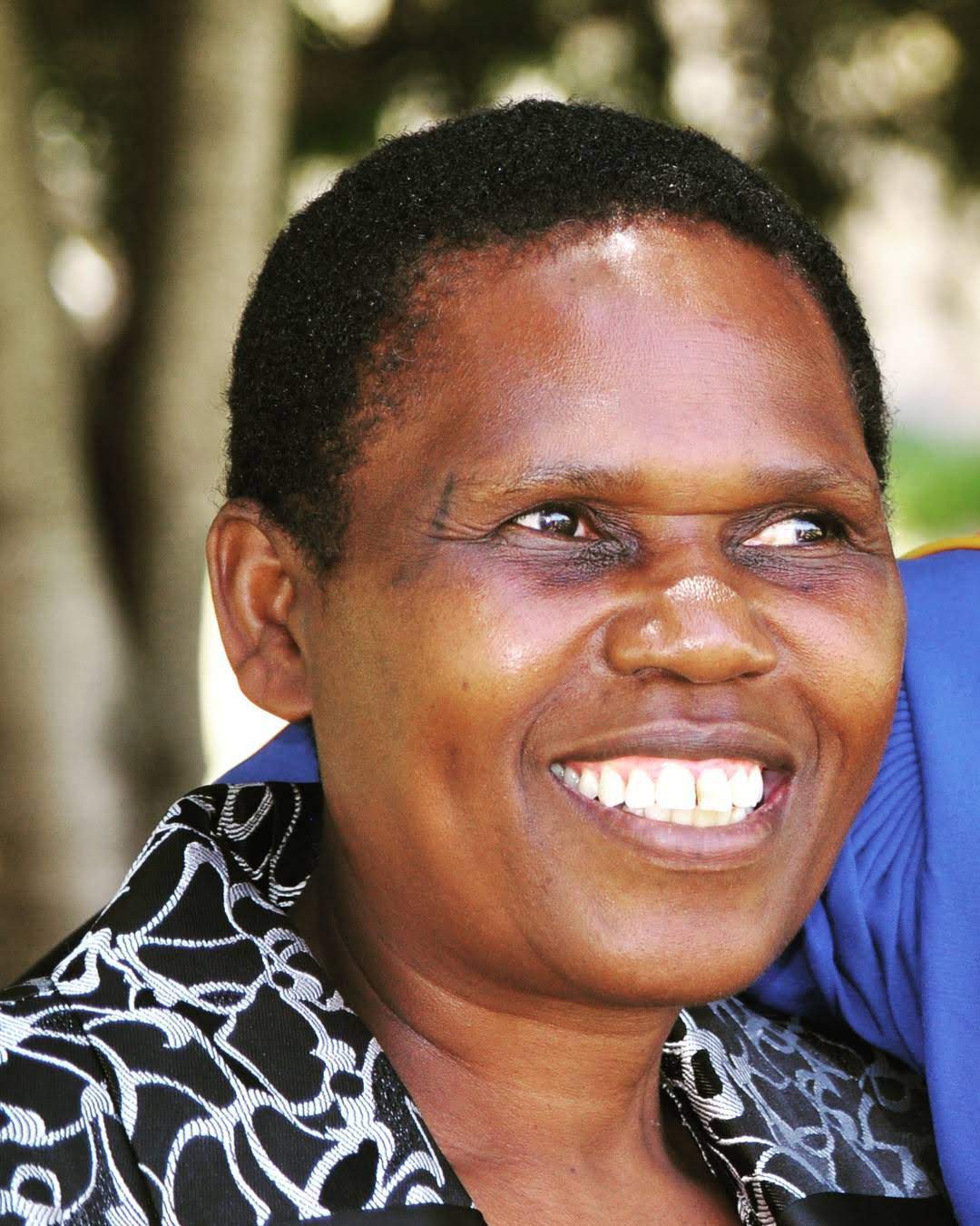God’s book of nature has many lessons for us as educators, and one of its important lessons for us is about the importance of valuing the diverse needs and qualities of our students. In this series, we will look to the garden for these lessons. Before we begin, let’s consider why these lessons are so important for us as educators.
The story of Thomas Edison’s childhood educational experience highlights the importance of appreciating these lessons by showing the mistakes we can make through not valuing diversity. Goldberg recounts the story this way:
The story is told that one day, as a small child, Thomas Edison came home from school and gave a paper to his mother. He said, “Mom, my teacher gave this paper to me and told me only you are to read it. What does it say?”
Her eyes welled with tears as she read the letter out loud to her child: “Your son is a genius. This school is too small for him and doesn’t have good enough teachers to train him. Please teach him yourself.”
Many years later, Edison was going through a closet after his mother died, found the letter, and read its true message: “Your son is mentally deficient. We cannot let him attend our school anymore. He is expelled.” By appreciating her son’s special qualities, his mother nurtured him into his best self. It turned out Edison had a hearing impairment that was not realized until he was 12 years old. This is the likely reason why he was often easily be distracted as the teachers taught. He was labelled as dull or deficient because of his differences, but in reality he was very brilliant. Premature judgements led his teachers to miss his potential and dismiss him as a hopeless child.
As educators, we aim to bring out the best in each student and to avoid the mistake of judging students in a way that hurts their growth and prevents us from connecting with them. The lessons of nature, as observed through vegetables in a garden, can help us to achieve these goals. In our next article, we’ll look at what the garden has to teach us about the dangers and possible upsides of labelling learners.

